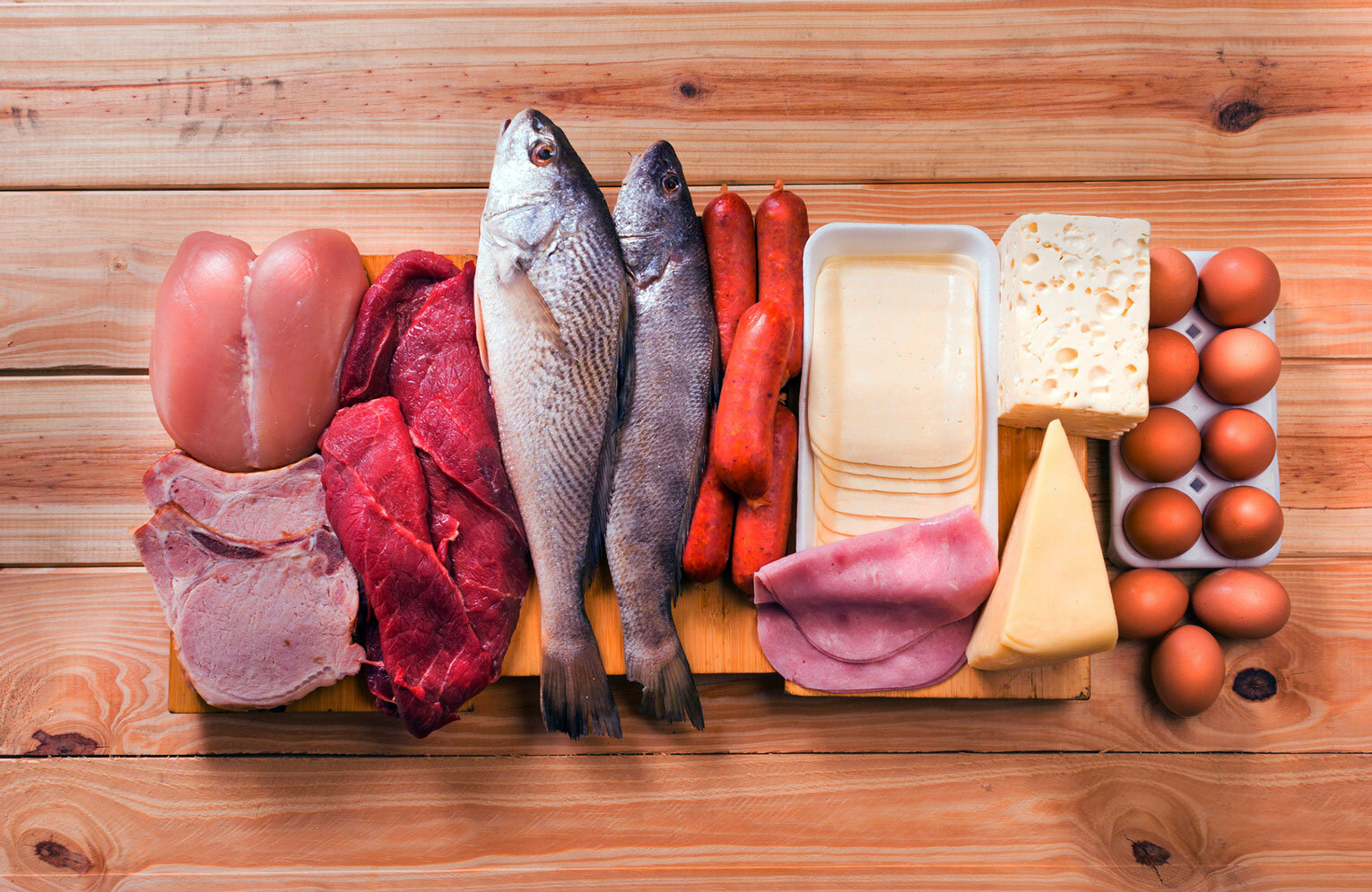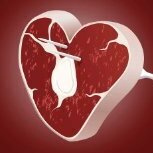.
The carnivore diet is as easy as just eating meat, right? This is basically true. But if you follow some famous carnivore proponents on socail media or YouTube you may get confused. Some carnivores might be seen eating cheese or using heavy cream, and others may be caught using some herbs and spices on their food. I've spotted one drinking a diet soda, and then others boast about eating fruit and honey. So, like, what gives?
What Is the Carnivore Diet?
 A carnivore diet is a lifestyle that consists of eating mainly animal products, such as meat, fish, and eggs. Traditionally, this diet eliminates all plant-based foods, including fruits, vegetables, grains, and legumes. The thinking behind a carnivore diet is that humans evolved to eat meat and that our bodies are better adapted to digest and absorb nutrients from animal products, and that plants contain toxic self-defense chemicals that over time can harm your health, possibly being the root cause of many auto-immune disorders and chronic diseases.
A carnivore diet is a lifestyle that consists of eating mainly animal products, such as meat, fish, and eggs. Traditionally, this diet eliminates all plant-based foods, including fruits, vegetables, grains, and legumes. The thinking behind a carnivore diet is that humans evolved to eat meat and that our bodies are better adapted to digest and absorb nutrients from animal products, and that plants contain toxic self-defense chemicals that over time can harm your health, possibly being the root cause of many auto-immune disorders and chronic diseases.
Different Types of Carnivore Diets
The Lion Diet (Elimination Diet) - This diet consists of unprocessed ruminant flesh, usually beef, but could also include lamb, elk, etc, with salt, and only water. This is usually a zero carb carnivore diet. Many peple eat this way because they get inflammation and other physical symptoms when they eat other food. This is also a perfect way to start an elimination diet, starting with 30-90 days of Lion Diet and then slowly reintroduce foods one at a time to see how you react to them.
The Standard Carnivore Diet - This is the most dogmatic and strict form of the carnivore diet, which involves consuming only water, salt, and meat, whether ruminants, poultry, pork, or seafood, including eggs and fish roe. No dairy, no seasonings, no supplements, and no plant foods are allowed. This diet is based on the premise that humans are designed to eat only animal foods, and that plant foods are harmful or unnecessary for optimal health
The Nose-to-Tail Carnivore Diet - This is a more nutrient-dense version of the carnivore diet which includes any animal flesh, as well as organ meats such as liver, kidney, heart, and brain. Organ meats are rich sources of vitamins, minerals, antioxidants, and co-factors that are essential for various bodily functions and may prevent deficiencies that may arise from eating only muscle meats. This may often mean zero carb depending on the type of seafood and the amount of eggs. This is also sometimes called ancestral carnivore or restrictive Paleo.
Any Animal Products Carnivore Diet - This slightly more flexible version of the carnivore diet includes all animal flesh and any animal byproducts that can be produced by the animal kingdom. This would include dairy products such as milk, yogurt, heavy cream, cheese, butter & ghee, as well as things like bacon, sausage, pork rinds, and deli meat. This is also sometimes called Zero Carb Carnivore by those who still avoid milk sugars and certain seafoods.
Animal-based "Carnivore" Diet - Primarily animal sourced products but also allows participants to partake in some carbs found in nature, including some occasional bee honey and some fruitage that can be eaten based on seasonal availability. It's basically a mix of carnivore and Paleo. Animal-based dieters are still focused on animal consumption and avoiding plants (except their fruitage) and plant toxins with little to no regard for carbohydrate consumption. Dogmatic carnivore purists will argue that this is not "true" carnivore.
Carnivorish/Ketovore Diet - This Meat-based Keto lifestyle still focuses primarily on animal products but does allow for some plant-based oils like coconut oil, olive oil, and avocado oil (the good kinds) along with the inclusion of some low carb vegetables, with the aim of limiting carb consumption to 10g (ketovore) or 20g (keto) per day. This version permits the use of some spices and herbs to enhance the flavor and variety of the meals as well. Dogmatic carnivore zealots will argue that this is not "true" carnivore.
Which Carnivore or "Carnivorish" Diet is Right for Me?
Rather than be dogmatic, all of the above can fall under the umbrella of what Dr. Ken Berry M.D. refers to as "The Proper Human Diet". A proper human diet is one that is all natural, uninflammatory, minimally processed, and low in carbohydrates (meaning about 100g or less per day). The key to optimizing your health is to find out where on the spectrum you fit in the best. For some this may mean being absolutely strict about being a pure carnivore and avoiding plants and fruitage altogether. For others this may mean low carb, non-starchy vegetables that have a minimal impact on insulin and glucose levels are fine. Still others may choose to eat fermented or pickled vegetables and some may enjoy some fruit, but only seasonally or sporadically.
The amount and frequency with which one consumes fruit and vegetables on the carnivore or animal-based diet may vary depending on the individual’s goals, preferences, and tolerance. The key is to listen to your body and adjust accordingly. If you notice any negative effects from eating vegetables, such as bloating, gas, diarrhea, or cravings, you may want to reduce or eliminate them from your diet.
So where on the spectrum are you? What kind of carnivore dieter do you tend to be?



Recommended Comments
Join the conversation
You are posting as a guest. If you have an account, sign in now to post with your account.
Note: Your post will require moderator approval before it will be visible.